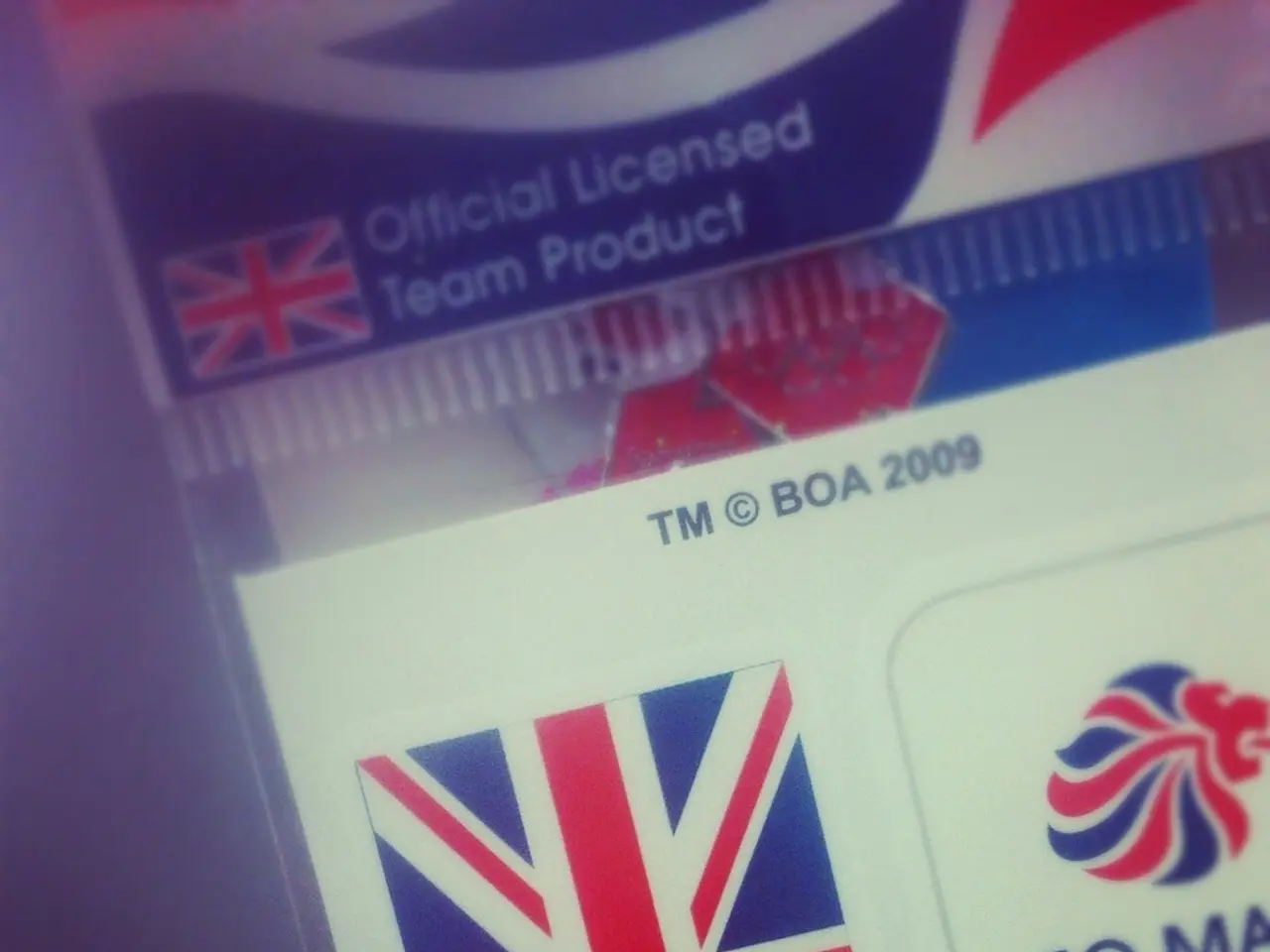Law Extends Cabinet Authority to Impound Assets in Compliance with United Nations Terrorist Financing Regulations
In a significant move to combat money laundering, terrorist financing, and implement United Nations Security Council resolutions, Kuwait has published Decree-Law No. 76 of 2025. This decree amends some provisions of Law No. 106 of 2013, enhancing the legal framework in these critical areas.
Key Changes
Empowerment to Implement UN Security Council Resolutions: The decree replaces Article 25 of the original law, granting the Council of Ministers, based on the Foreign Minister’s recommendation, the authority to issue decisions to enforce UN Security Council resolutions concerning terrorism, terrorist financing, and the proliferation of weapons of mass destruction under Chapter VII of the UN Charter. These decisions take immediate effect upon issuance, aligning with international obligations under Security Council Resolution 1373 (2001). The decree mandates executive regulations that will set rules for publishing these decisions, appeal procedures, and conditions for authorizing the release of frozen funds for essential living expenses as well as asset management.
Introduction of Financial Penalties: A new Article 33 bis imposes fines ranging from 10,000 to 500,000 Kuwaiti dinars for violations of decisions issued under the empowered Article 25. These penalties are in addition to any disciplinary measures regulatory bodies may impose on financial institutions or designated non-financial businesses.
Implications:
Immediate Freezing of Assets: The decree facilitates the mandatory immediate freezing of assets of individuals and entities designated as terrorists locally, bolstering Kuwait's preventive measures against terrorism financing.
Stronger Alignment with International Standards: By embedding compliance with Financial Action Task Force (FATF) recommendations and UN Security Council mandates, Kuwait strengthens its international cooperation and reputation in fighting financial crimes.
Increased Deterrence: The substantial fines for non-compliance serve as a deterrent against violations of anti-money laundering and counterterrorism financing rules.
Comprehensive Asset Management and Enforcement Framework: The decree ensures a structured approach to managing frozen assets, including mechanisms for appealing decisions and releasing funds for basic needs, which balances enforcement with humanitarian considerations.
The Special Committee formed under Ministerial Resolution No. 8 of 2025 continues to function effectively due to the law's stipulations. All existing regulations and decisions issued prior to the law's enactment remain valid, unless they conflict with its provisions or are formally amended or repealed. The executive regulations will detail procedures for publishing decisions, submitting appeals, managing frozen assets, and authorizing limited fund access.
In conclusion, Decree-Law No. 76 of 2025 marks a significant step in Kuwait’s integrated governmental strategy to combat financial crimes effectively and fulfill its international obligations under UN resolutions[1]. The law ensures a balance between effective compliance with Security Council resolutions and respect for constitutional guarantees and individual rights. The Prime Minister and relevant ministers are tasked with enforcing the provisions of the law, providing a solid legal foundation for swift, transparent implementation of international mandates.
In light of the new decree, Kuwait's business and finance sectors, along with the political arena, will have to align with the enhanced legal framework to combat money laundering and terrorist financing, in adherence to United Nations Security Council resolutions. The implementation of this law will foster stronger international cooperation for Kuwait, as it strives to comply with Financial Action Task Force (FATF) recommendations and global standards in fighting financial crimes.







